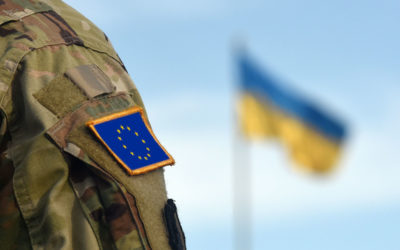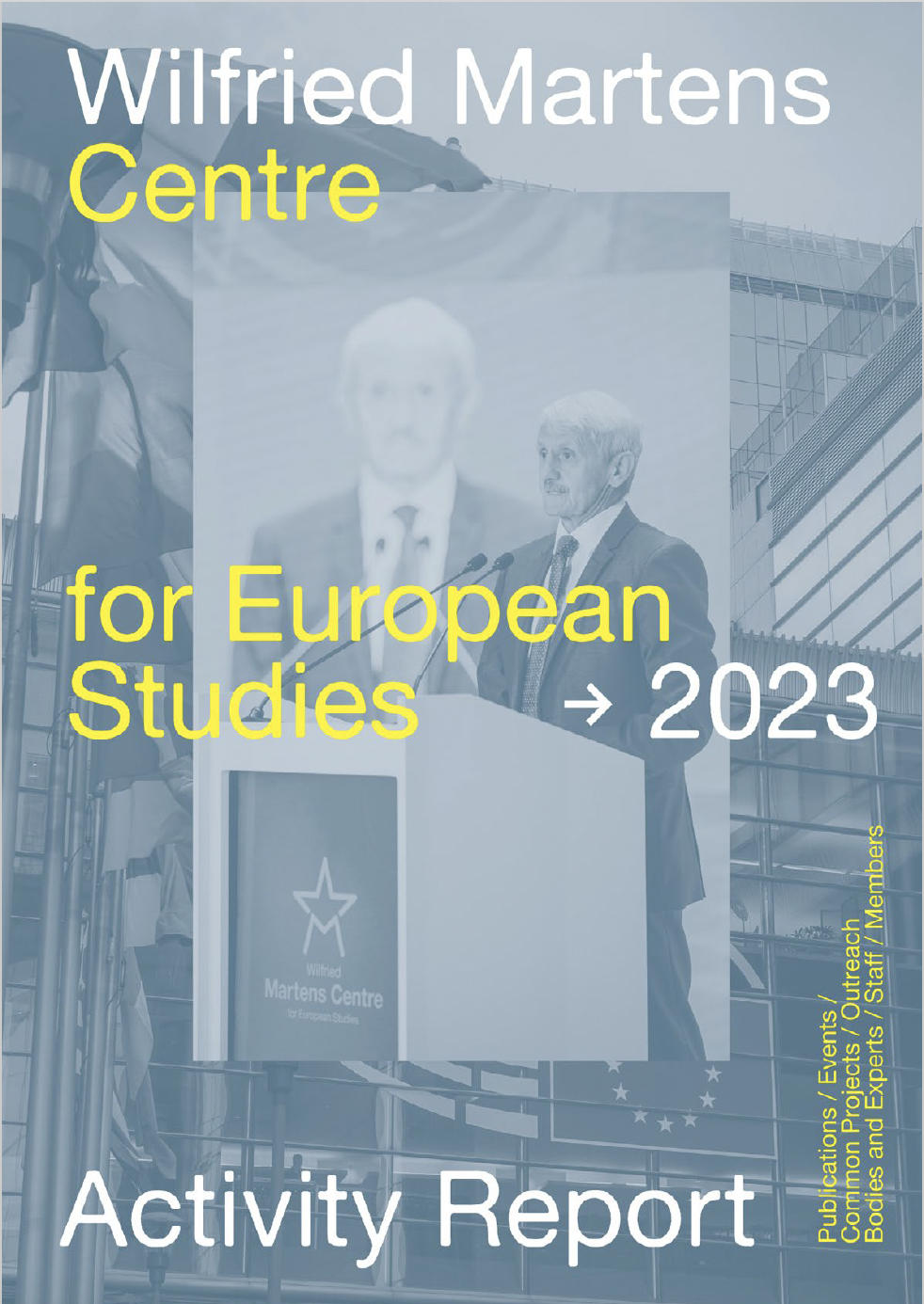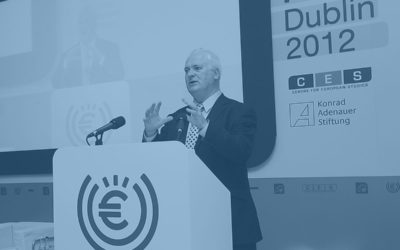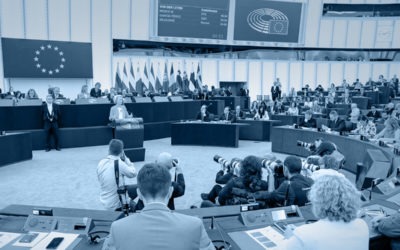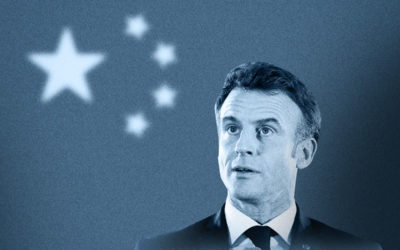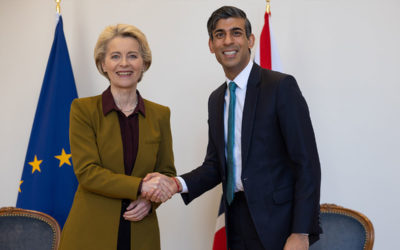SOTEU: 5 key takeaways for Romania
14 September 2017
The State of the European Union address by European Commission President Jean-Claude Juncker contains five takeaways for Romania which prove, once again, that the country has an important role in the Commission’s plans to reform the European Union. Romania has a unique chance to be amongst the member states that will take the next step towards European integration.
1. The Sibiu summit: linking Romania to the future of the EU
One of the most important takeaways for Romania announced by President Juncker is the proposal to hold an EU summit in Sibiu on the 30th of March 2019, the day after the UK leaves the European Union. This summit, which will take place during the Romanian presidency of the Council of the EU, will constitute a means for EU leaders to reflect and make decisions about the future of the EU. It is a great opportunity for Romania, as all future steps of European reform and integration will be linked to our country and the city of Sibiu.
In addition to this historic summit opportunity, Romania can also use the fact that it holds the Presidency to explain to Romanian citizens what the European Union means and what joining the EU has meant for the country. Related to this, I believe the decision to hold all informal meetings at ministerial level of the EU Council in the Palace of the Parliament in Bucharest is a mistake. Romania is more than Bucharest and the Parliament Palace: it holds the seventh largest population in the EU and has large, well-developed cities with a modern hotel, administrative and air transport infrastructure, capable of providing all the conditions for such an international event.
I would propose instead to organise the ministerial meetings in several cities of the country. Why not have the Defence Ministers’ meeting in Constanta, near the military base in Kogalniceanu where we could talk about security in Europe? Moreover, why should we not organise the meetings on education in a university centre with tradition and prestige such as Cluj-Napoca or Timisoara? Why should we not organise the meeting of Foreign Affairs Ministers in Iasi, near the border with Moldova, where we could also talk about the Eastern Neighbourhood and about Russian threats?
2. and 3. Renewed support for our strategic priorities: the eurozone and Schengen
President Juncker also announced the launch of a European Commission instrument that will provide technical support to Member States which are not yet members of the euro area, but that will have to join in the near future, as is the case for Romania. It will be a very useful tool for our country, as it is certain that euro area Member States will continue to integrate further and there would be a risk for countries that have not yet adopted the single currency to remain on the outside.
President Juncker’s message is clear: when we take future steps in the direction of European integration, the countries that are not yet in the euro area will not be disregarded. This is the same request that I made earlier this year as rapporteur on the fiscal capacity for the euro area.
This budget must be open to all EU Member States, including those that are not yet members of the euro area, but who have the obligation to adopt the single currency in the future. They must receive full participation rights, contribute and benefit financially and be part of euro area governance in order to be fully prepared when they adopt the single currency.
Beyond technical support for joining the euro area, President Jean-Claude Juncker has asked European politicians to allow Romania and Bulgaria to join the Schengen area. His message was clear: if we want the EU to have stronger external borders, Romania and Bulgaria must join the Schengen area immediately. It is time for other European political leaders to understand that our country’s place is in Schengen, that our country’s borders are part of the solution, not part of the problem.
4. Brexit will not reduce European funds for Romania
The budget of the European Union after the exit of the UK will have to be even bigger than before: this was one of the key messages of the President of the European Commission. The truth is that we cannot have a strong Union with a weak budget. This is the case especially since we see that a new traditional priority of the European Union has been added alongside growth and job creation, namely security challenges.
Thus, President Juncker’s announcement means that the level of European structural funds allocated to Romania will not be influenced directly by the exit of the UK, since we will not be talking about a reduced budget, but on the contrary, about a larger budget.
However, for Romania to benefit from the same high level of EU funds beyond 2020, it has to convince other Member States that allocations for our country are being used efficiently. The only way to prove this is to have an absorption rate close to 100% during the current multiannual financial framework (2014-2020).
5. Respect for the rule of law remains an obligation
President Juncker’s statement on the rule of law, which according to him is binding for all Member States, is bad news for all politicians in Romania who think they can control justice. This is however good news for the many honest citizens who advocate for the respect of the rule of law.
The rationale is clear: it is simply not possible to enjoy the benefits of joining the European Union (free movement, billions of euros in non-reimbursable funds, etc.) and at the same time try to control justice and state institutions. The Commission will not tolerate even the slightest deviation from the rule of law – this is the firm commitment given by President Juncker.
The speech by President Jean-Claude Juncker contrasts with all the gloomy scenarios that were predicting a Union in which our country would be disregarded or on the outside. The message is clear: there is no predefined group of countries, a core nucleus. Romania, like all other Member States, will have the chance to participate in all steps of European reform and integration.
Moreover, because we will hold the Council Presidency during Brexit and because we will host the first summit on the future of the post-Brexit EU, Romania has a unique opportunity to be amongst the member states that will lead the future steps of European integration. It depends only on us, especially on the Government and other state authorities to take advantage of this truly historic opportunity.
ENJOYING THIS CONTENT?




